Joint Statement of European Science (, Technology) and Innova�on Policy Councils on: The Importance of European and na�onal policies to atract non-European STEM-talent to Europe.
Europe is already experiencing a shortage of skilled labor in Science, Technology, Engineering and Mathema�cs (STEM) 1 . If we want to reach all of Europe’s goals, for example, those concerning the triple transi�on to a green and digital economy and society, then we will need a lot more people with those specific areas of skills. Moreover, in this rapidly developing technological age, we expect that the shortage of STEM-talent will persist. Most European countries have strategies already in place to train local talent. 2 Na�onal Organiza�ons (e.g., STEM pla�orms) that are occupied with this are united in the EU STEM coali�on With this joint statement, we want to highlight the importance of joining complementary strategies together to collec�vely atract STEM-talent from outside Europe
Notwithstanding the con�nuous need to train local talent, including that of migrants and refugees, recrui�ng qualified people from other countries is an urgent need as well If talent from outside Europe that comes to the con�nent and later on returns home, their home country will benefit from this, as these skilled workers are also highly demanded back home. Through the crea�on of a trusted interna�onal network of innova�ve minds, we can help and benefit from each other. The posi�ve effects therefore truly go beyond merely solving Europe’s shortages in STEM-skilled talent and labor With this statement, we also want to highlight the benefits for the Least Developed Countries.
Today, we call on all European countries to join forces to atract as much talent to the con�nent as possible for the broader European interest. We should seek to work together and help each other.
To facilitate atrac�ng non-EU talent, we welcome the EU Talent Pool. It is in its pilot phase at this �me, but our desire is to expand the diversity of profiles and sectors and to increase its func�onality and visibility.
A large, unified internal EU market with easy circula�on and movement of talent will be an important magnet for foreign talent. 3 However, there remains structural barriers hindering circula�on and movement at this �me, as local regula�ons differ among countries. In December 2023, the Council of the European Union issued its recommenda�ons on a European framework to atract and retain research, innova�on and entrepreneurial talents in Europe, but these will not be enough to remedy the lack of coordina�on. The text in the recommenda�ons does not bind Member States enough as they can s�ll set many barriers. This was also pointed out by LERU We need a European umbrella that enables na�onal and regional regula�ons to be aligned. This should enable Europe to join their forces, thus avoiding compe��on between Member States An example of where the lack of common rules does not serve the broader European interest, is the current dispari�es in how tax systems treat expatriates.
As Europe will be atrac�ng foreign STEM-talent, it is in our interest to proac�vely address the need for a more uniform approach in tackling the threats to knowledge security, while preserving academic freedom and autonomy of our research and higher educa�on ins�tu�ons. In all this, European countries need to maintain a delicate balance between open innova�on and strategic autonomy.
1 Alterna�vely, there is the term STEAM, which includes Arts. This is complementary in the context of STEM.
2 In this context also the Council conclusions on “Deepening the European Research Area: Providing researchers with atrac�ve and sustainable careers and working condi�ons and making brain circula�on a reality” (2021) are relevant.
3 See also the recent Leta report that argues for the addi�on of a fi�h freedom, on top of the four exis�ng freedoms of the Single Market, focusing on research, innova�on and educa�on
This statement was drafted by members of the European network of national Policy Councils for Science (, Technology) and Innovation. 4
Signatories as of May 29th 2024: AWTI (Advisory Council for Science, Technology and Innovation, the Netherlands), VARIO (Flemish Advisory Council for Innovation and Entrepreneurship, Flanders, Belgium), Pôle Politique scientifique (Wallonia, Belgium), Federal Council for Science Policy (Belgium), FORWIT (Austrian Council for Sciences, Technology and Innovation), DFIR (Danish Council for Research and Innovation Policy), FCT (Portuguese Foundation for Science and Technology) and FWO (Research Foundation - Flanders, Belgium).

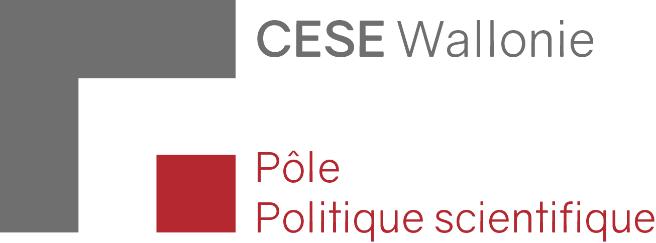

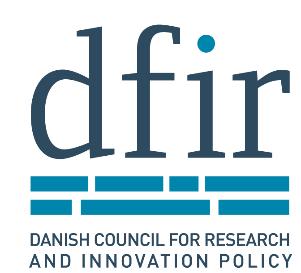
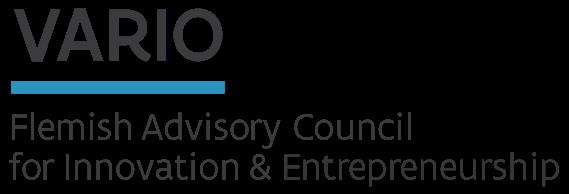
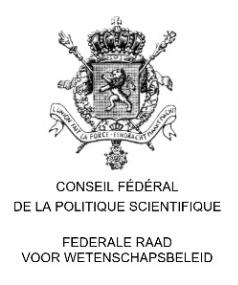
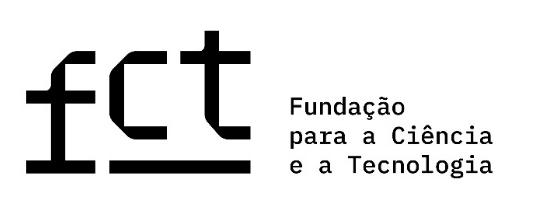
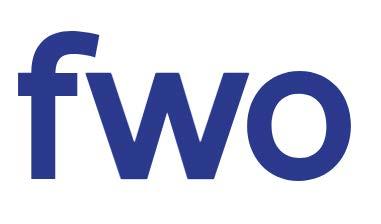
4 The network meets twice a year: a ‘preparatory mee�ng’ in spring and an ‘annual mee�ng’ in autumn Members of the network learn from each other’s experiences and exchange insights. In between the two mee�ngs, colleagues of the network consult with each other regularly
